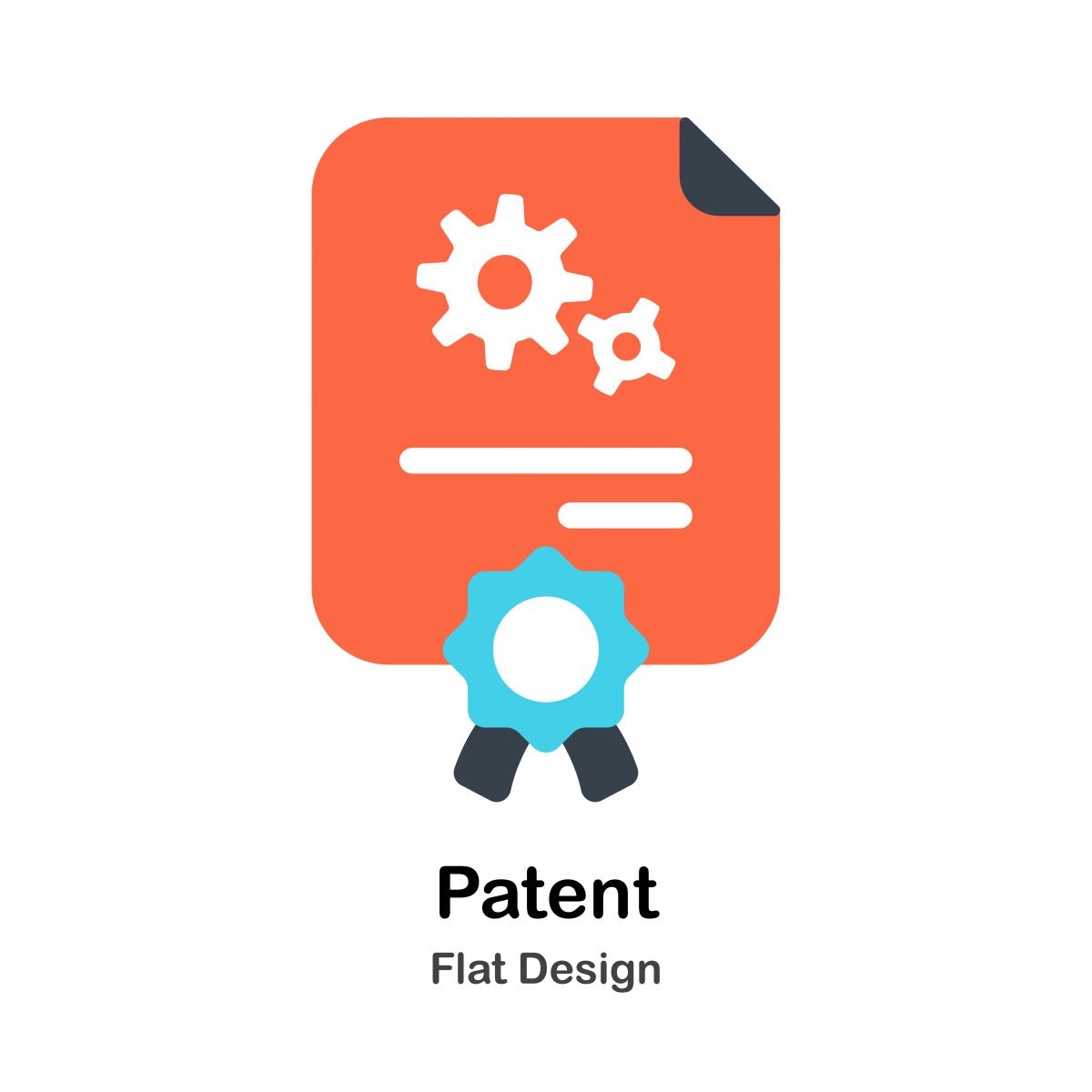Corbus Obtains US Patent for the Way Anabasum Combats Inflammatory Diseases
Written by |

Corbus Pharmaceuticals has obtained a U.S. patent for the way that its therapy anabasum works to combat lupus, systemic sclerosis, cystic fibrosis and other inflammatory diseases.
The protection that the U.S. Patent and Trademark Office granted Corbus for the therapeutic process that anabasum uses will run through 2034.
Anabasum is a synthetic endocannabinoid mimetic drug. Mimetic means “imitates,” and Anabasum mimics the action of endocannabinoids, natural molecules that bind to cannabinoid receptors.
It activates cannabinoid receptor type 2, or CB2. The receptor exists in several activated immune system cells and in fibroblasts, which play a role in tissue scarring.
Once activated, CB2 receptors generate cell signaling pathways that stop inflammation. They also promote the destruction and clearance of bacteria and block fibrosis in several kinds of tissues.
The patent “reinforces our intellectual property strategy based on the unique properties of anabasum to activate CB2, leading to the production of Specialized Pro-resolving lipid Mediators,” Dr. Mark Tepper, Corbus’ president and chief scientific officer, said in a press release.
Corbus is also seeking patents on anabasum’s mode of action from a number of other countries.
“The expansion of our intellectual property portfolio is an integral aspect of Corbus’ clinical [trial] development and commercialization strategy aimed at positioning anabasum as a first-in-class therapy,” said Dr. Yuval Cohen, the chief executive officer of Corbus. Anabasum targets “multiple rare inflammatory-fibrotic diseases with clear unmet needs and significant morbidity [levels of disease] and mortality,” he said.
“With recently generated positive clinical data in Phase 2 studies in systemic sclerosis, cystic fibrosis and dermatomyositis, anabasum is now targeting four indications [disorders] with a combined patient population of over 500,000 in the U.S. and E.U.,” he added.
The company plans another Phase 2 clinical trial of anabasum as a treatment for lupus. It will cover 100 adults at 10 U.S. centers. The primary objective will be to see how well anabasum can alleviate inflammatory pain in people with a disease that affects muscles, bones and joints.
The study will be supported by grants from the National Institutes of Health and the Feinstein Institute for Medical Research.




